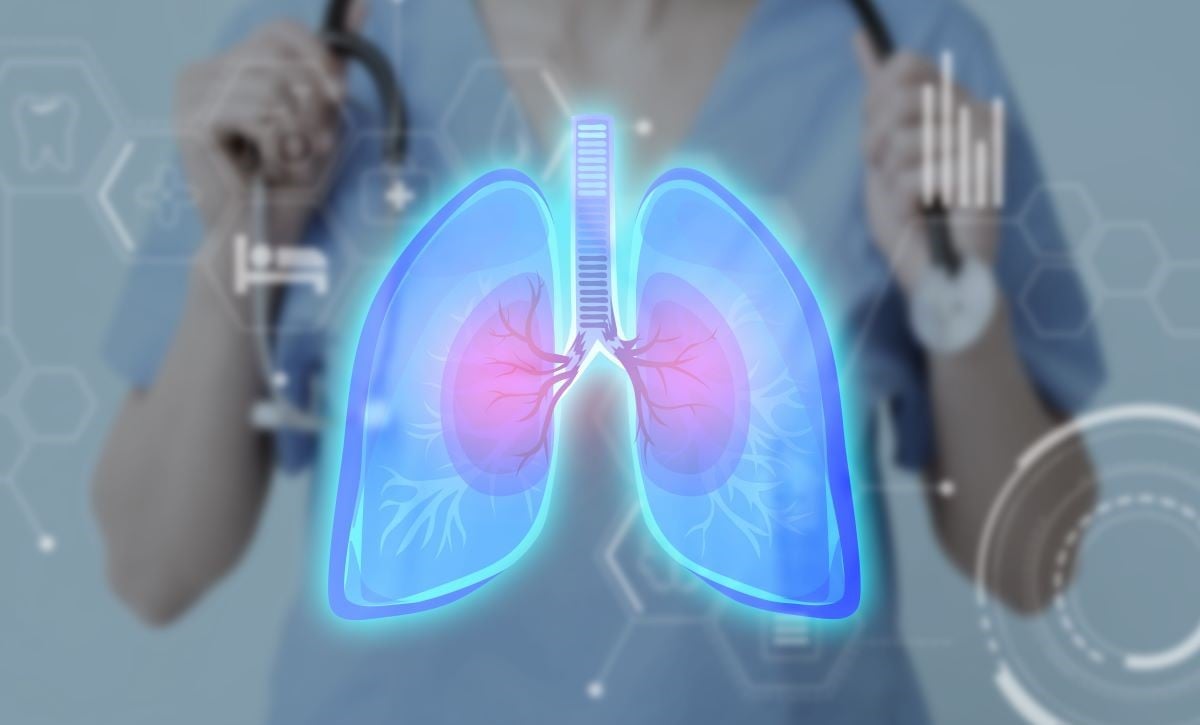Trained health care professionals with AI assistance can achieve images that do not differ from lung ultrasound experts
By Elana Gotkine HealthDay Reporter
FRIDAY, Jan. 17, 2025 (HealthDay News) — Trained health care professionals (THCPs), including medical assistants, respiratory therapists, and nurses, with artificial intelligence (AI) assistance can achieve lung ultrasound (LUS) images with diagnostic quality that does not differ significantly from that achieved by experts, according to a study published online Jan. 15 in JAMA Cardiology.
Cristiana Baloescu, M.D., M.P.H., from the Yale University School of Medicine in New Haven, Connecticut, and colleagues examined the ability of AI to guide acquisition of diagnostic-quality LUS images by THCPs in a multicenter diagnostic validation study. Participants aged 21 years or older with shortness of breath recruited from four clinical sites underwent two ultrasound examinations: one by a THCP operator using Lung Guidance AI and one by a trained LUS expert without AI. Before participation, the THCPs underwent standardized AI training for LUS acquisition.
The researchers found that 98.3 percent of THCP-acquired studies were of diagnostic quality, which did not differ significantly from LUS expert-acquired studies (difference, 1.7 percent; 95 percent confidence interval, −1.6 to 5.0 percent).
“THCPs aided by AI achieved comparable performance to expert LUS users in acquiring images meeting diagnostic standards following brief software-focused training,” the authors write. “This technology has the potential to extend diagnostic capabilities to underserved areas lacking access to expert personnel.”
Several authors disclosed ties to the pharmaceutical and health care industries.
Copyright © 2025 HealthDay. All rights reserved.








